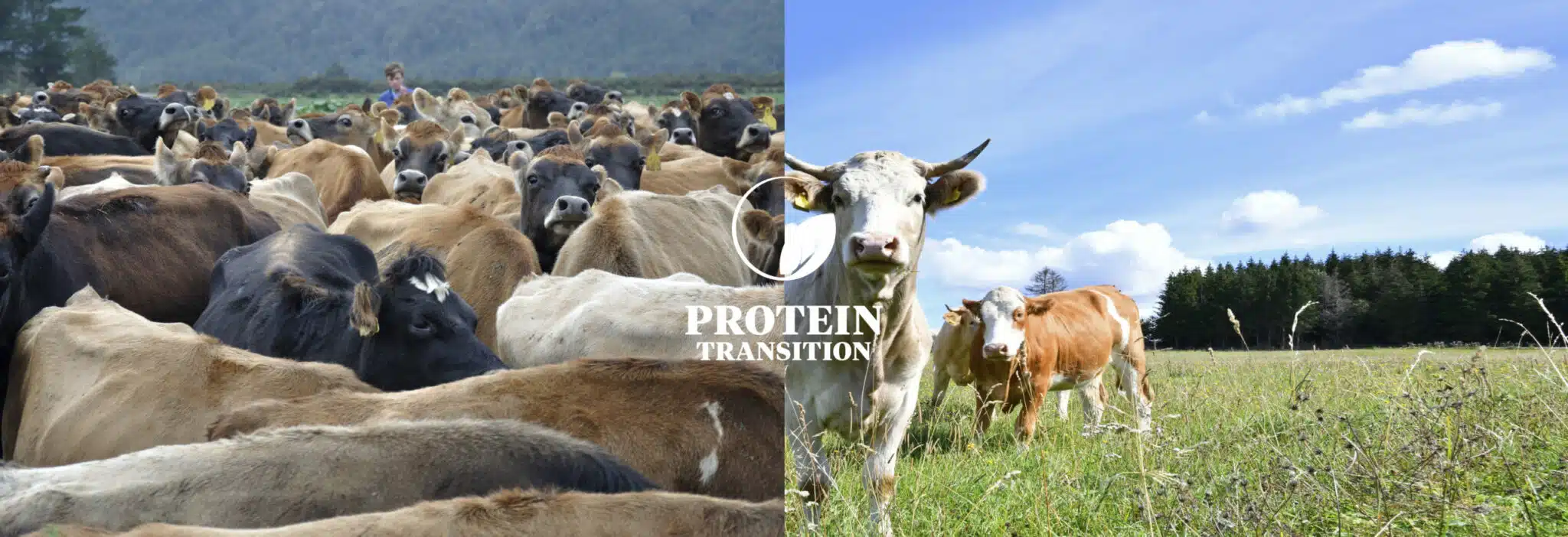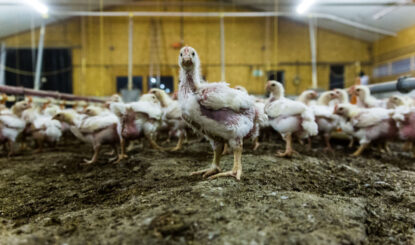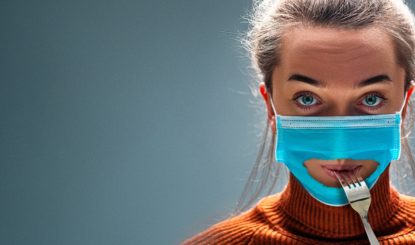Protein Transition
A gentle transition toward a mainly plant-based diet
The issue
The global dietary model, established mainly in Western and so-called “developed” countries, is now dominated by the production and consumption of animal protein. Our health, including that of animals, but also their and our welfare, as well as the environment as a whole, are directly threatened by this excessively “animal-based” diet. In particular, industrial animal farming is incompatible with the protection of nature and animals, and it threatens biodiversity: One third of the earth’s ice-free surface and almost three quarters of all arable land are used for the production of animal protein. This type of animal farming also consumes enormous amounts of fresh water, which is a scarce resource in many places. Animal food production is responsible for about three quarters of total greenhouse gas emissions in agriculture.
Our protein consumption must change urgently if we want to protect our planet, animals and ultimately ourselves.
Donation form
Our project
Under the title “Protein Transition”, Fondation Franz Weber is running a campaign to raise awareness among world leaders and the general public about the consequences of the dietary model based mainly on animal protein, and to promote a smooth transition to a mainly plant-based diet. The protein transition aims to bring about a gradual but profound change in the way we eat. It also promotes a more fair, ethical, sustainable and healthy global food model.
Nearly 90 percent of the world’s grain production is used as feed for livestock and ultimately to produce animal protein. If we used the resources currently used for animal feed for human nutrition, we would gain 70 percent more calories and could feed an additional four million people every day.
Shifting to a predominantly plant-based diet that provides enough protein for a healthy human diet would solve many environmental and ethical problems and help prevent future pandemics and diseases – most of which are caused by the use and consumption of animals.
Our goals
- Achieve a significant reduction in the production and consumption of animal protein
- Comprehensively educate world leaders and the general public about the consequences of a dietary model based primarily on animal protein, as well as the benefits of a plant-based diet
- Engage governments around the world to take political and concrete action to turn the tide on protein and end factory farming, which threatens our health and survival
- Promote a more fair, ethical, nature- and animal-friendly global dietary model
Facts and Figures
***








